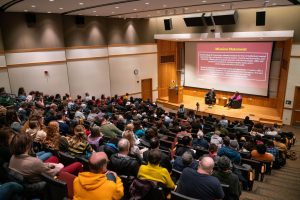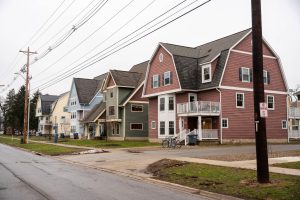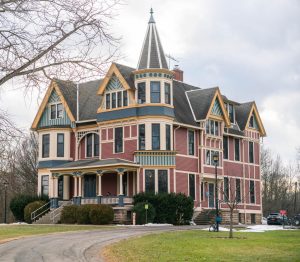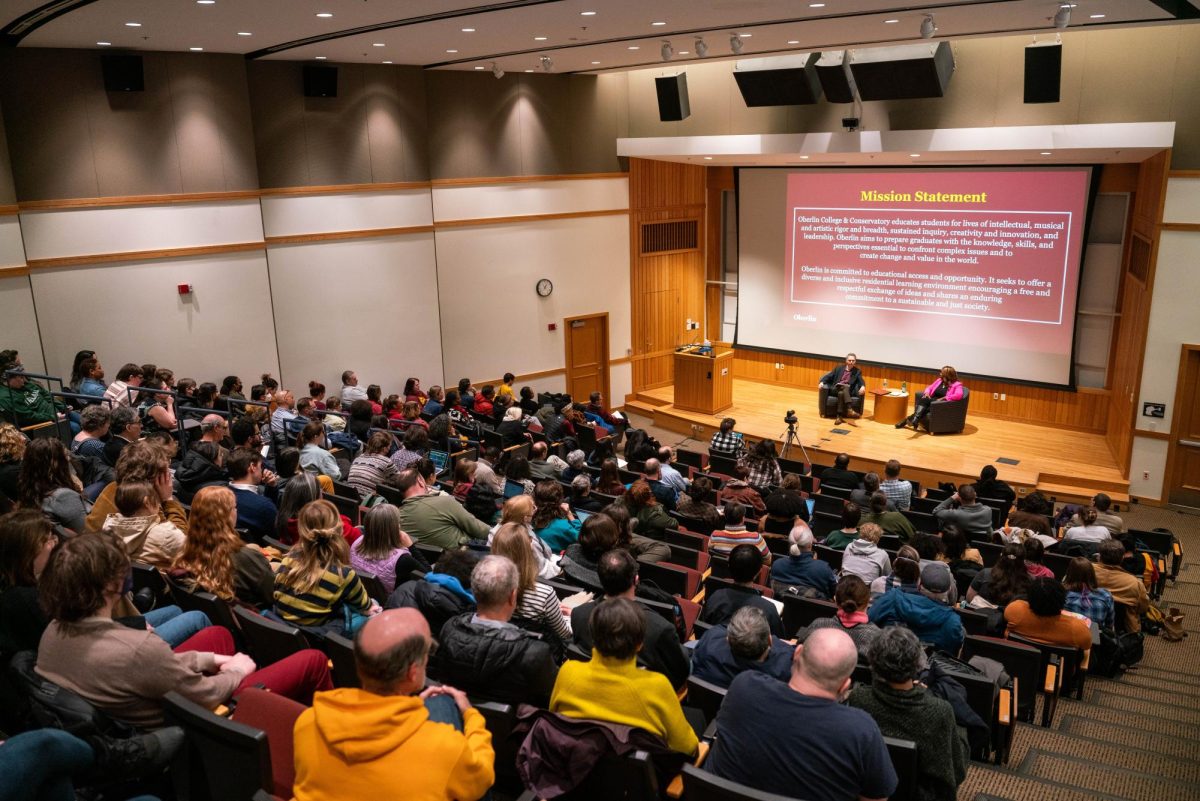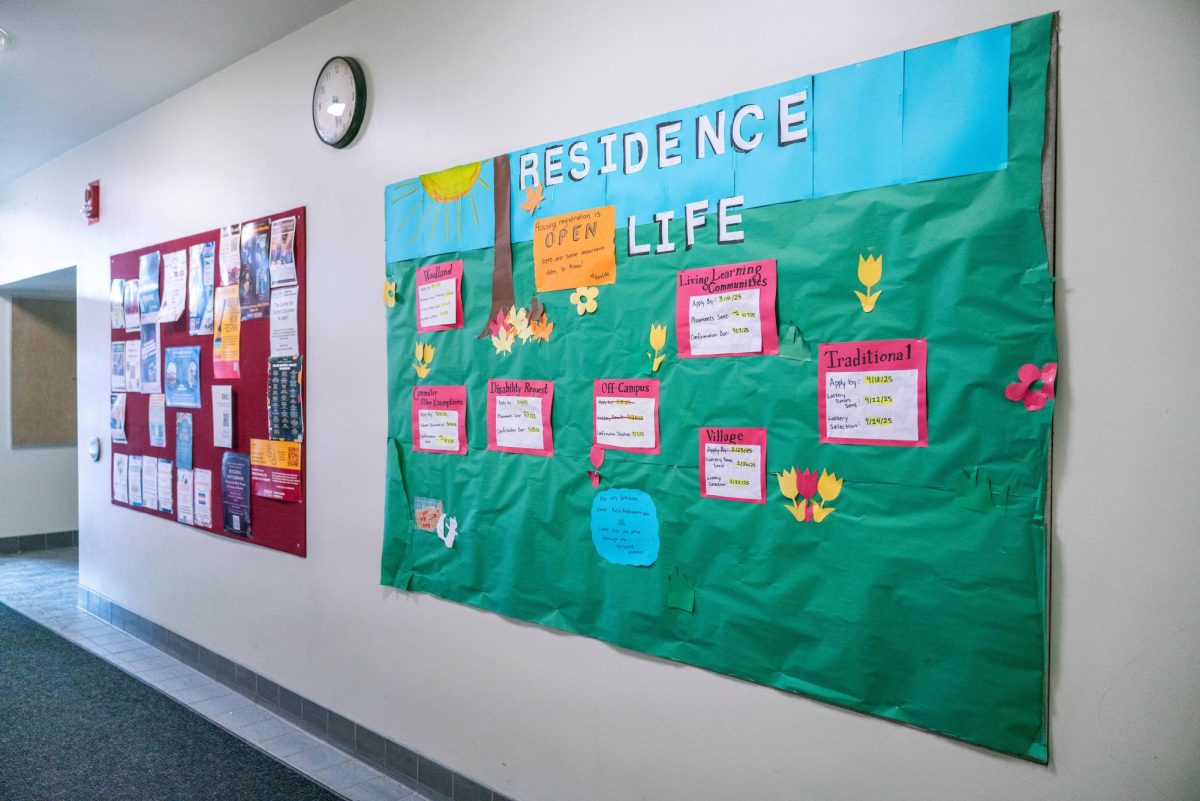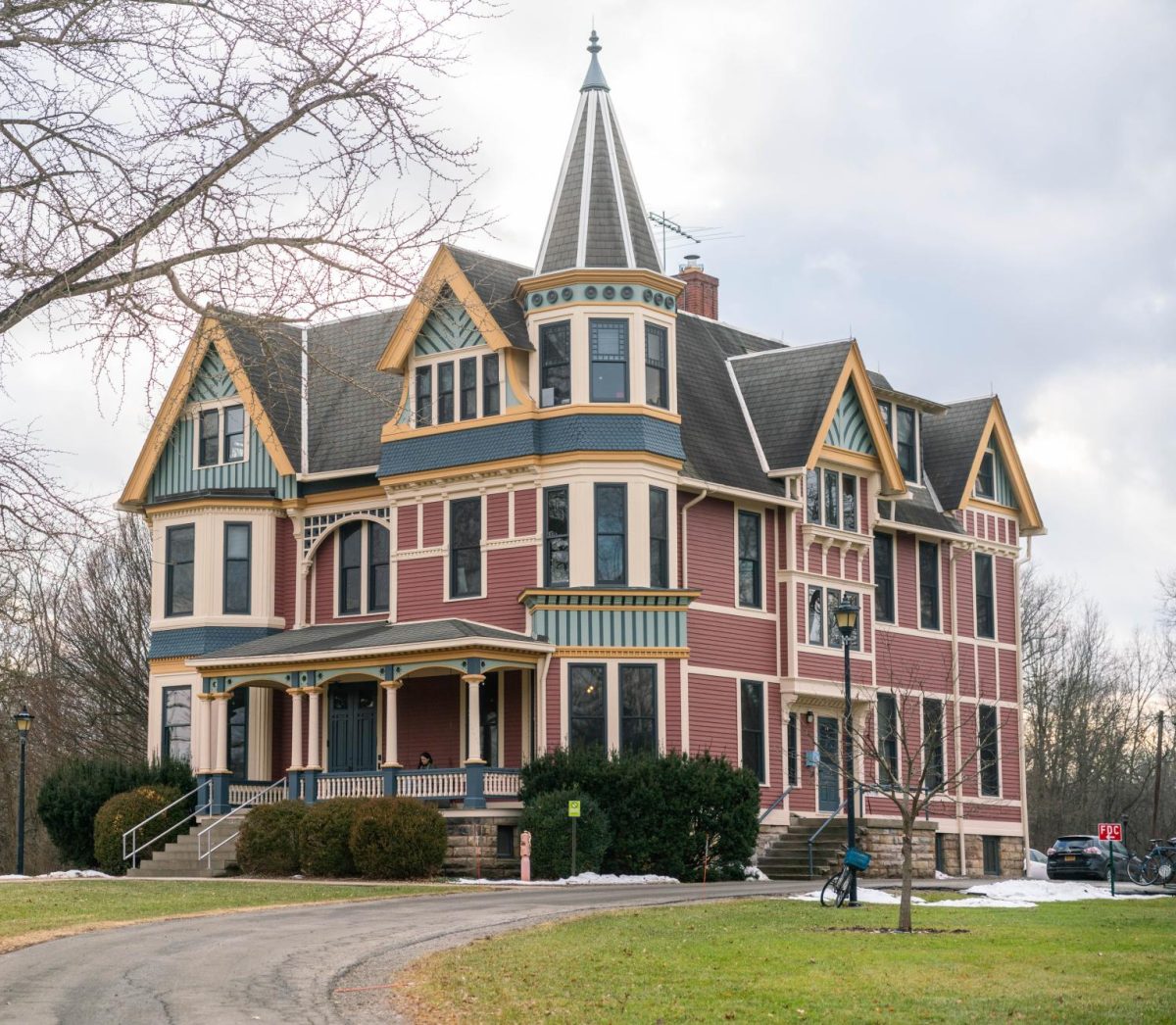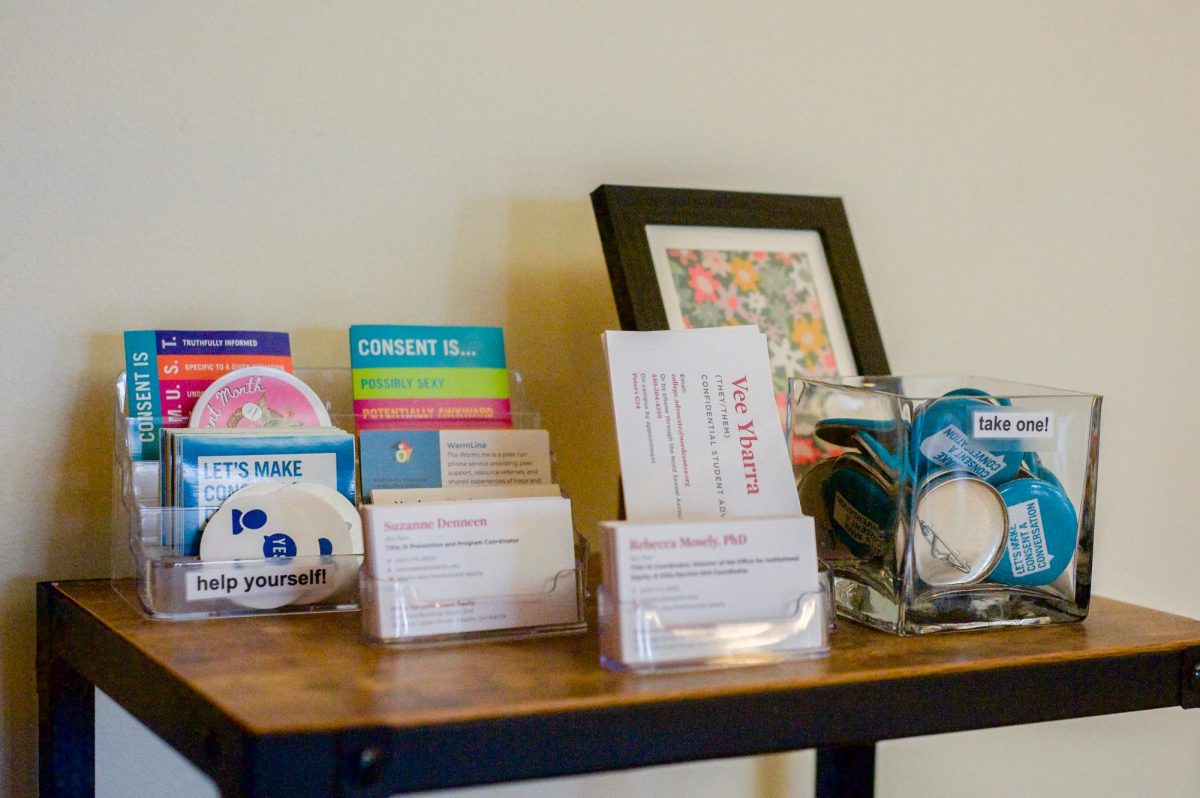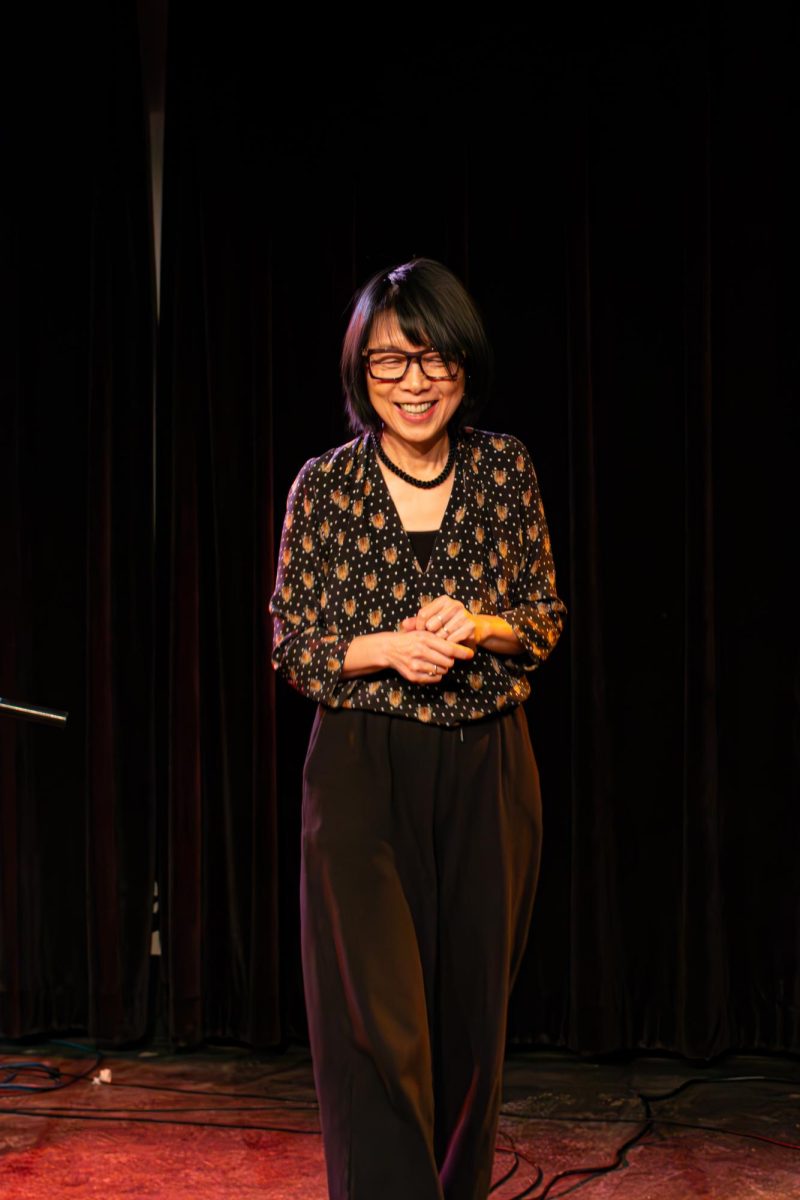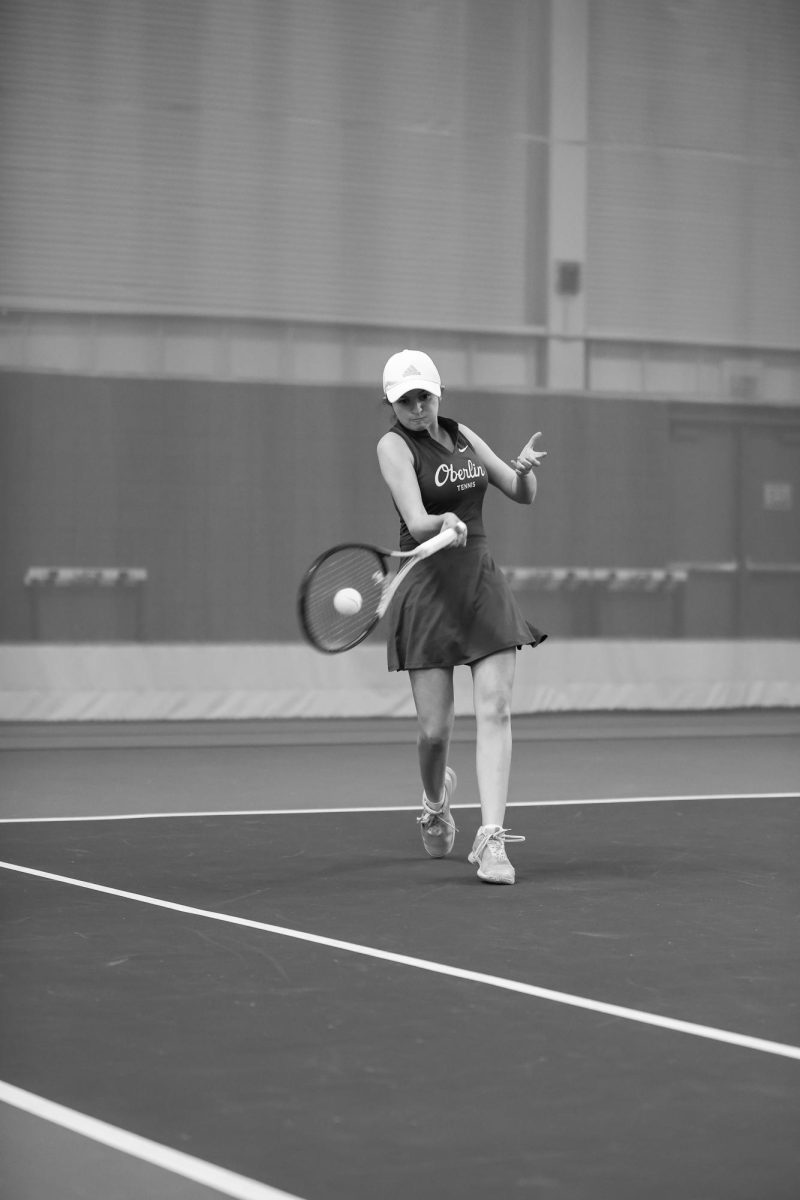Panel Discusses Race Issues in Queer Community
April 13, 2012
Students and Multicultural Resource Center staff gathered in Wilder on Wednesday for a panel on race and racism in the queer community. The event was part of this year’s Queerfest, an annual series of discussions, activities and events celebrating the LGBTQ community.
Asher Kolieboi, LGBTQ community coordinator for the MRC, kicked off the panel and allowed the panelists to introduce themselves. The panelists included College junior Taylor Johnson, College junior Scout Coodley, College sophomore Cuyler Otsuka, College junior Ellery Kirkconnell and Associate Professor of Comparative American Studies Meredith Raimondo.
After these introductions, the panelists, audience and staff members engaged in a dialogue about their experiences with race and racism in the queer community both in and out of the Oberlin community.
One problem that was frequently raised in the discussion is that most safe spaces for people who identify as LGBTQ are predominantly white. As a result, white students often write off race as an unimportant topic when discussing issues of sexuality. But when people of color identify as LGBTQ, it’s impossible to cast aside an important part of their identity just for the sake of discussion.
“Issues of race and queer communities go hand-in-hand,” said College junior Cornelius Graves, who was in the audience. “There are a lot of gay white people who feel marginalized and don’t want to talk about race, and then are able to marginalize others.” But as Graves and others in attendance noted, there can be opportunities to support and learn from others through discussions of race in the queer community.
“Because these issues go hand-in-hand, there’s a lot of opportunity for allyship,” said Graves.
For instance, many panelists and audience members echoed the notion that students should point out instances when their peers, family or professors are saying something harmful in terms of race or sexual orientation. “We have to challenge people in the sense that ‘I love you’ and not feel like criticism only comes from a place of hostility,” said Raimondo.
Overall, the audience and panelists alike were pleased with the results of the panel.
“I like how it was more of a discussion and less of a panel,” said Graves.
“I think a lot of people said good things I could learn from, and I’m glad the people who were on the panel were on it,” said Otsuka. “It was less ‘let me talk to you’ than ‘let’s have a discussion.”



